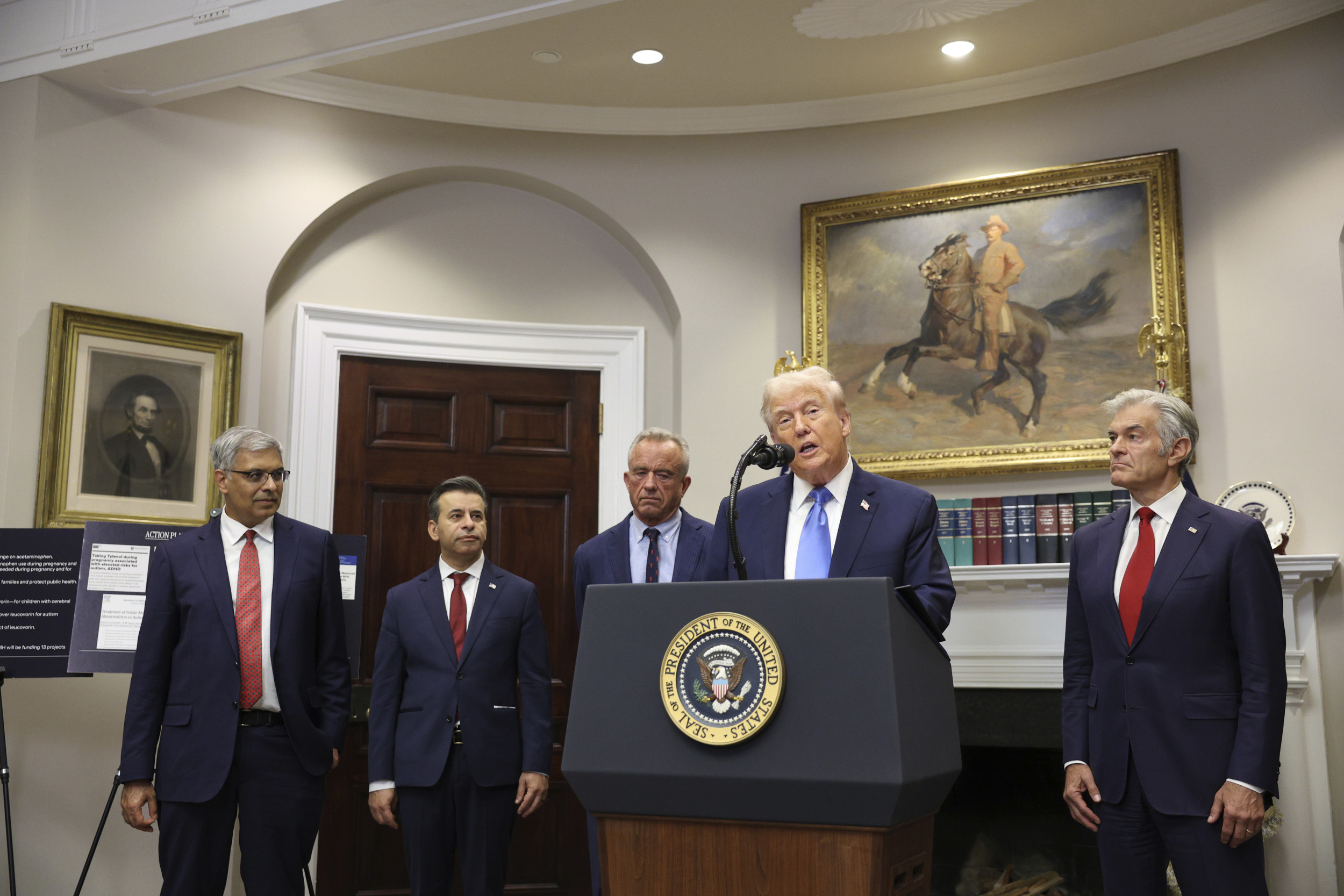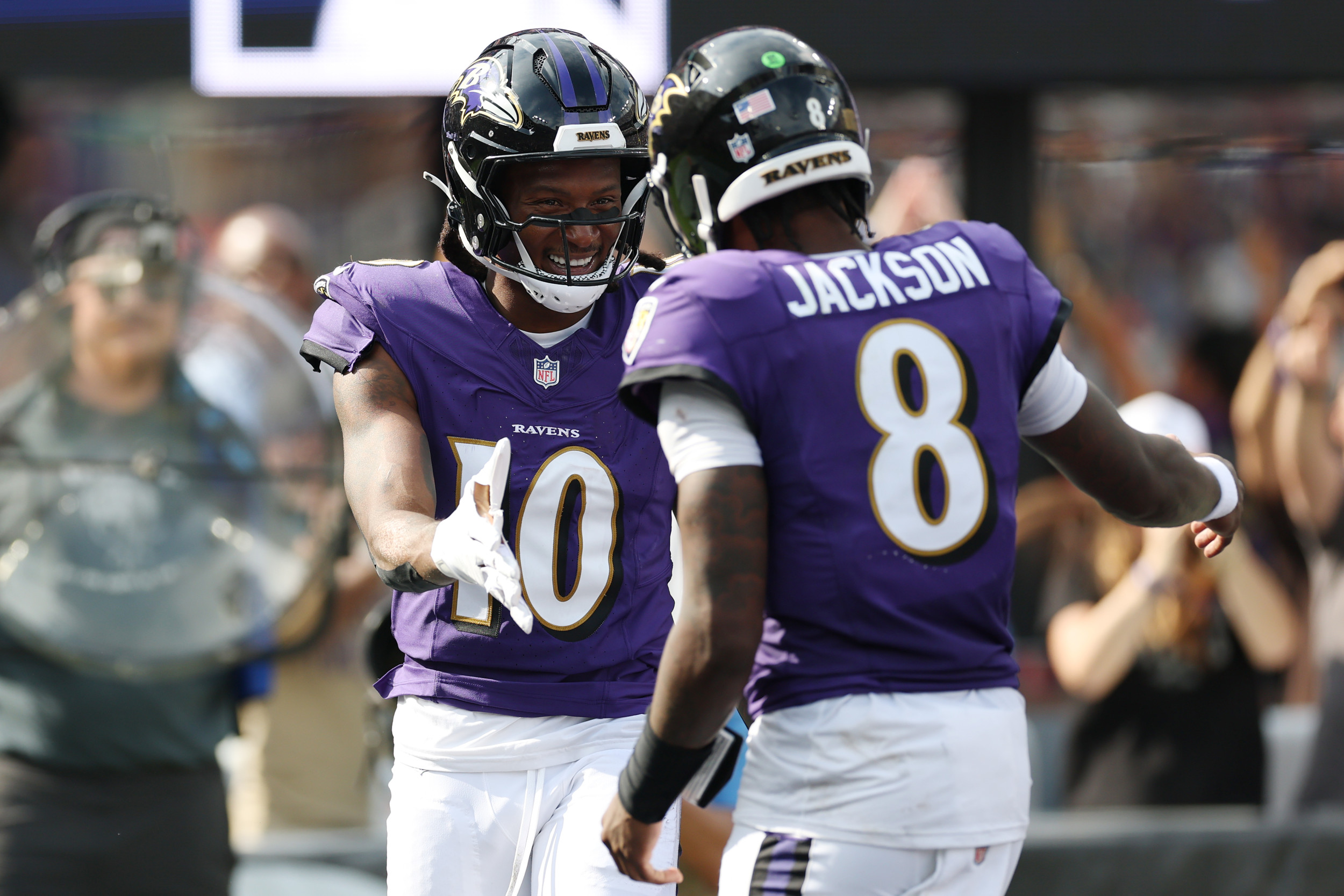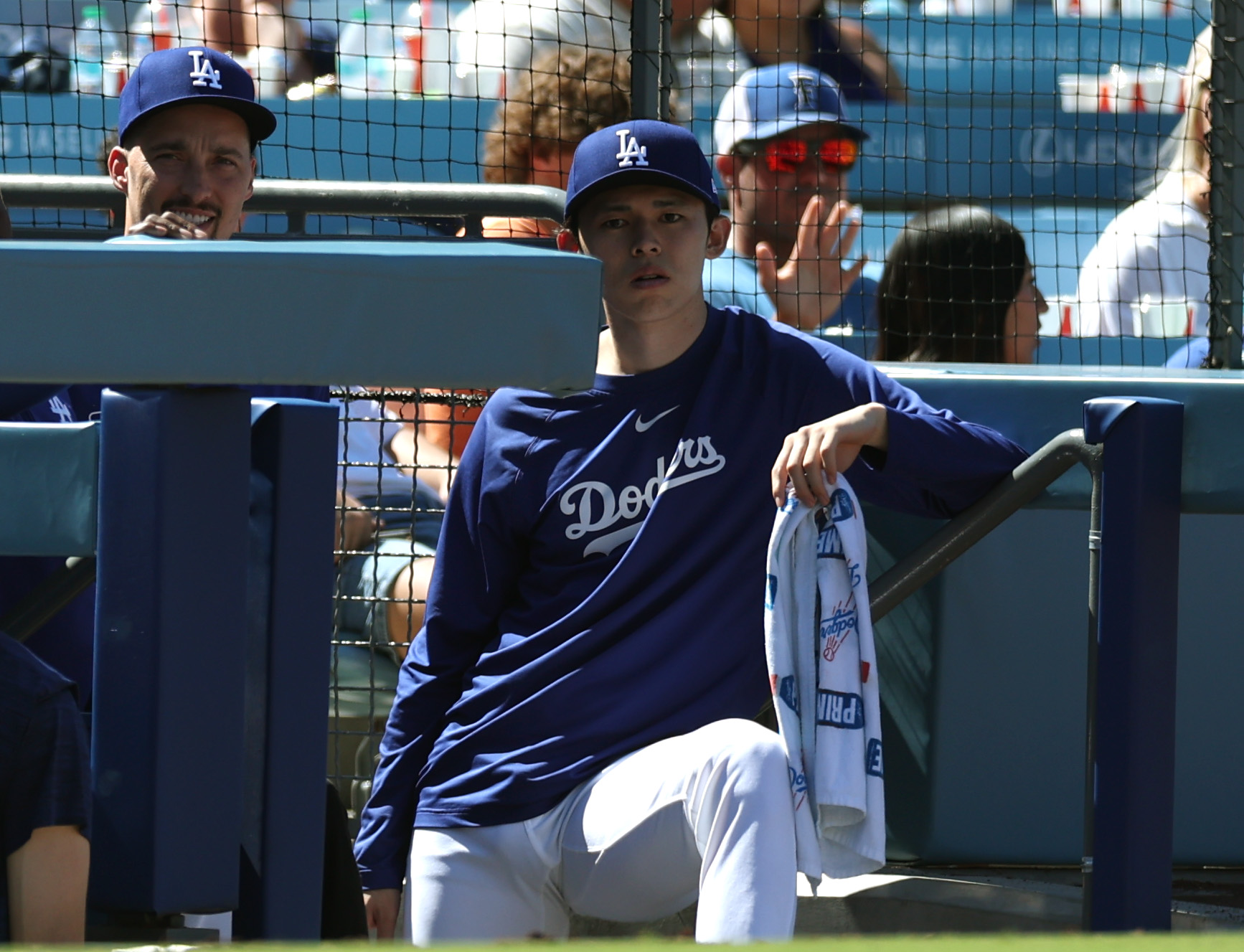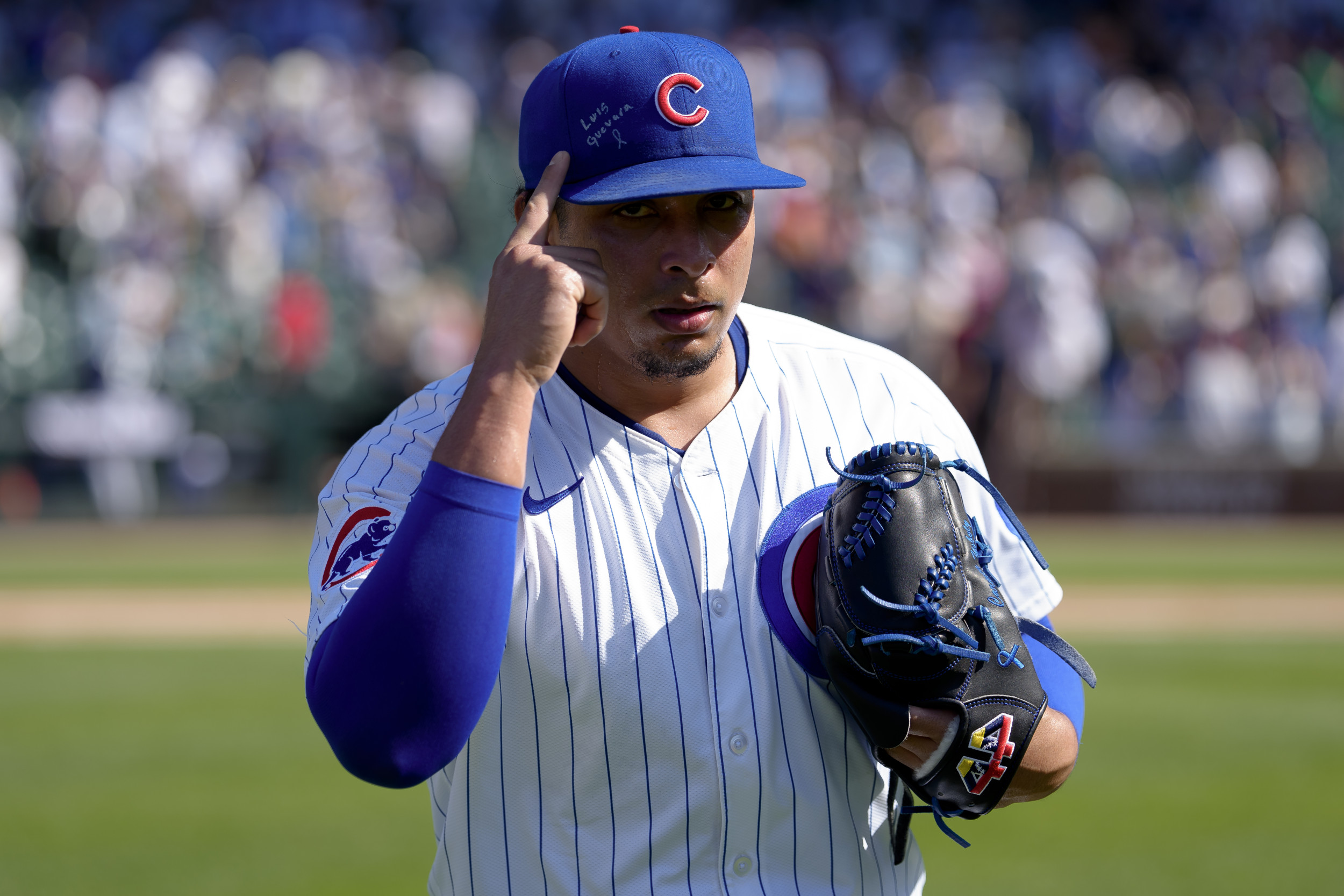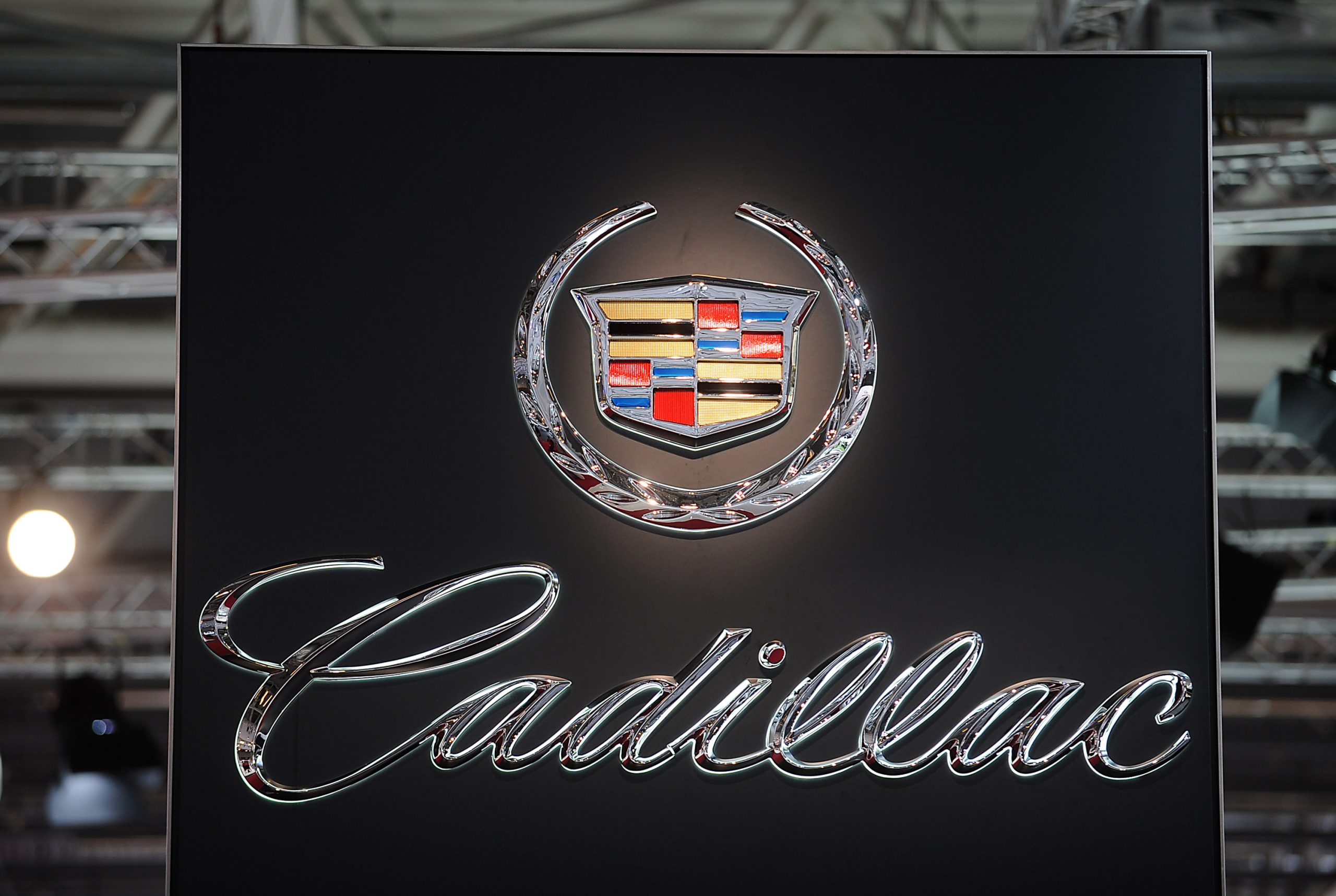
A pregnant woman from South Carolina who followed medical advice from ChatGPT has been left feeling immensely grateful after it saved not just her life, but her baby’s, too.
When Natallia Tarrien, 28, felt a tightness in her jaw, she casually turned to the AI-powered chatbot and typed: “Why does my jaw feel tight?” The bot then advised her to check her blood pressure.
As a frequent user of ChatGPT, Tarrien didn’t think twice about asking the health-related question. “It didn’t seem like a serious issue at the time, as I wasn’t experiencing any other symptoms,” she told Newsweek. “Without this chat, I probably wouldn’t have thought to contact my doctor, especially since it felt so minor.”
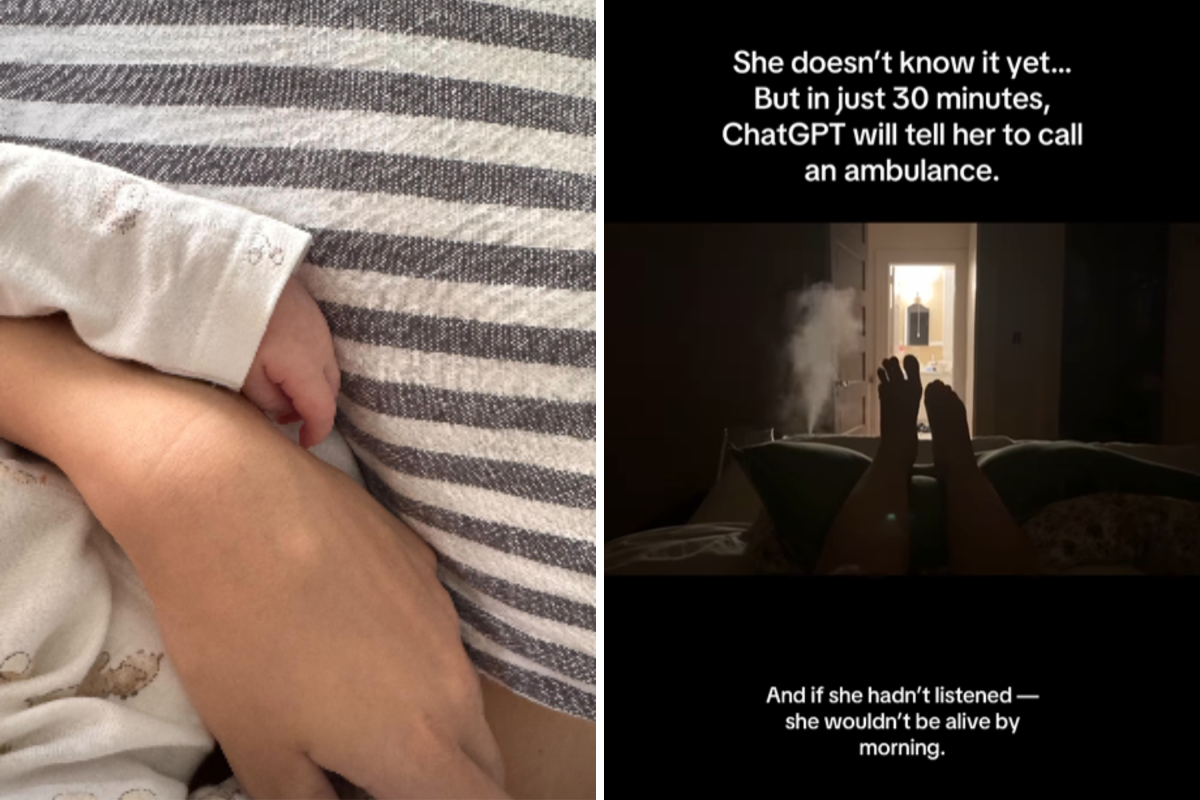
@natallia.tarrien
Tarrien did what ChatGPT suggested and checked her blood pressure, which read 142/109. After 30 minutes, the reading was even higher. That’s when ChatGPT said: “Call an ambulance. Now.”
The paramedics arrived, and with her blood pressure rapidly rising, she was rushed to the hospital.
“The ride took about 20 minutes, and during that time, my blood pressure kept rising, despite their efforts to stabilize it. It reached 200/146 by the time we arrived,” Tarrien said.
It was then that doctors made a lifesaving decision to deliver Tarrien’s baby immediately.
She was diagnosed with preeclampsia—a dangerous pregnancy complication marked by high blood pressure.
Labor was induced that day, and her son was born safely, but Tarrien wasn’t out of the woods yet.
“Two days later, my vision started to fade,” she told Newsweek. “It wasn’t total darkness, but everything became a blur. I could only see about 30 percent.”
Doctors arranged an emergency MRI scan to rule out brain swelling—something Tarrien had to do alone.
“During the MRI, I felt like I was in a coffin,” she said. “I couldn’t stop crying, and they had to give me medication to calm me down enough to finish the scan. I have never in my life felt so powerless.”
Thankfully, there was no brain swelling, and Tarrien’s vision slowly returned. On the fifth day, she was able to see her baby’s face clearly for the first time.
Then, the doctor said something that the new mom will never forget: “If you had gone to sleep that night, you wouldn’t have woken up.”
“Hearing those words was absolutely chilling,” Tarrien told Newsweek. “It was shocking to realize how close I came to losing my life.”
Newsweek spoke to Dr. Ola Otulana, a GP and physician. He recognized that, while Tarrien’s case is remarkable, it is crucial to remember that ChatGPT is not a diagnostic tool.
“It does not know your full medical history, it can’t examine you, and is not a substitute for professional care,” Otulana said.
Conversely, Tarrien’s story shows the value of listening to your body and acting on concerning symptoms, Otulana continued.
“Whether the suggestion came from AI or instinct, what mattered most was that she followed up—and that saved lives.”
If in doubt about symptoms you may be experiencing, it is always best to speak to a real doctor, Otulana said.
Tarrien shared her experience in a reel on Instagram (@natallia.tarrien) that has since amassed over 24.2 million views.
Over 1,600 Instagram users commented, with many praising ChatGPT for identifying the issue.
Now, Tarrien and her baby boy are doing well. Her blood pressure has stabilized and her vision is back to normal.
“We’re enjoying our time together as a family, and I am just so grateful every day,” Tarrien said.
